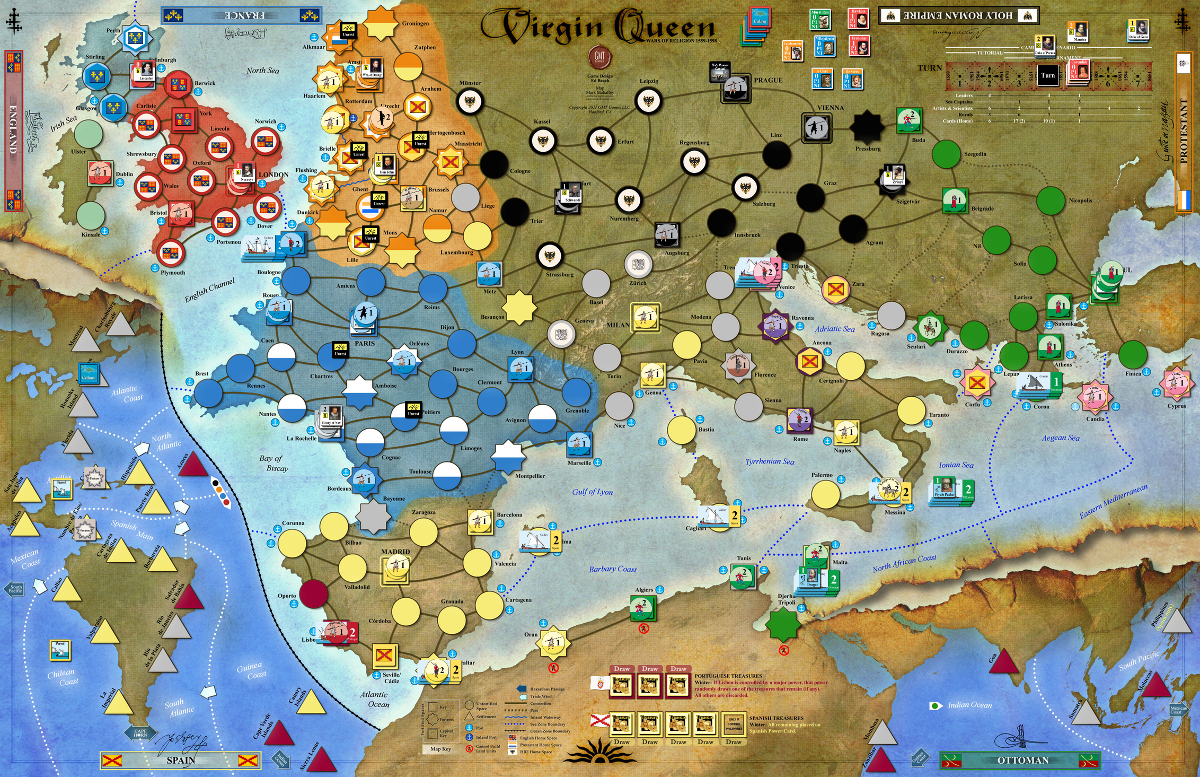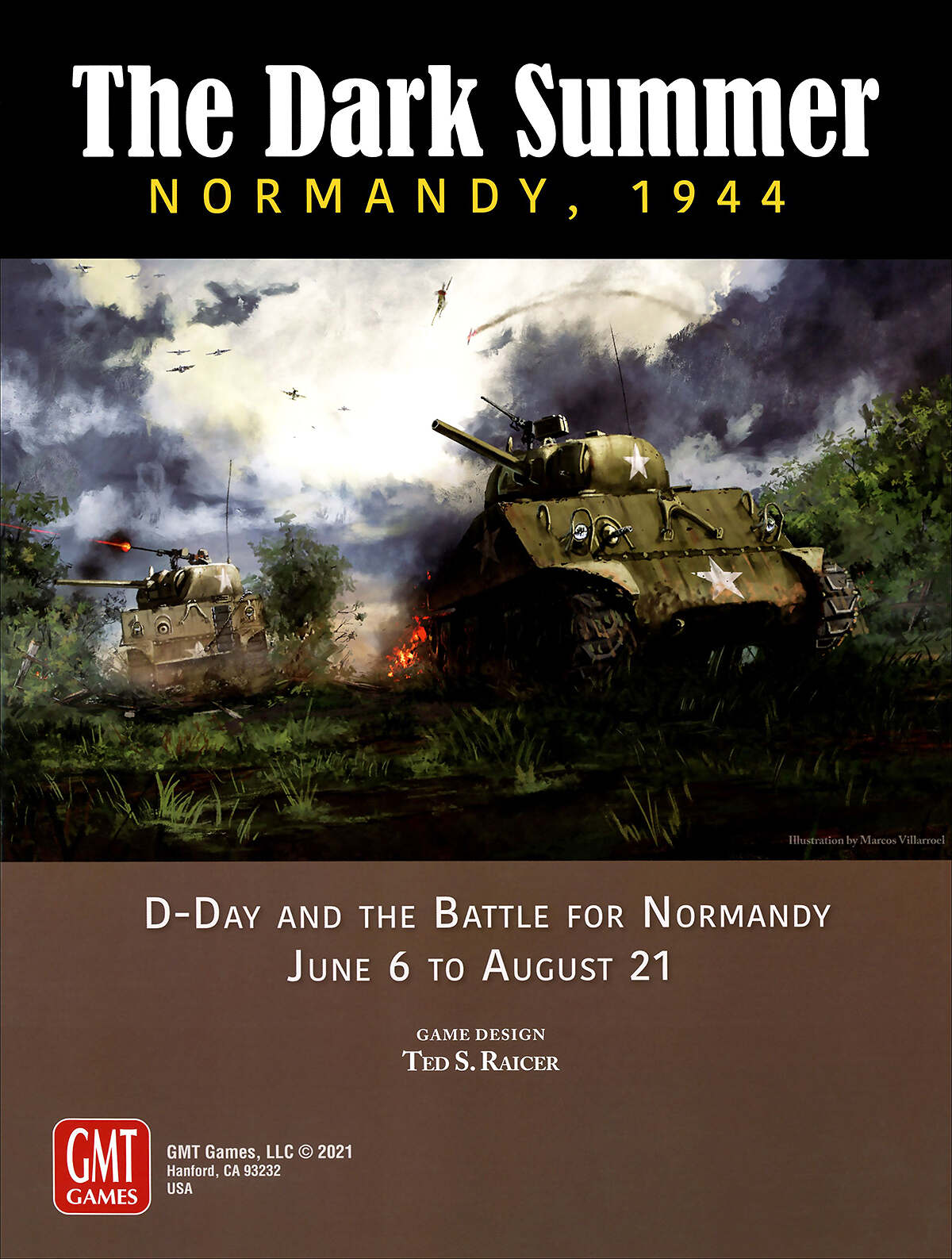Europe in Peace
Europe in Peace
We had left the powerful of this world at war. Things will calm down and give Europe a short period of peace.
In terms of marital negotiations, the kingdom of France took the lion's share. The most beautiful wedding of the turn is that of Henri of Navarre and Marguerite de Valois. It is bundled with a promise of non-aggression and the French commitment to finance the wedding. The virgin queen promises herself again to a suitor but the latter has little chance of reaching the wedding night. Spain renews its French alliance but Madrid is becoming reticent. It seems that diplomats have taken precedence over men of action as the Ottoman Empire and Spain make peace. This inspires disdainful reflections around the table about the virility of the protagonists.
Declarations of war follow. England can definitely not live without Scotland and declare war on France. And that is all. No further declarations. Apart from the war against the Protestants in Holland, there will be no other conflict this round. Are we heading towards an era of world peace that will see leaders devoting themselves to their families and the fine arts?
In any case, one might believe so. The Ottoman is devoting its turn to the conquest of Tunis, a nest of rebels under the authority of the sultan. He tries to build the Suez Canal, without success. Apart from a timid attempt at piracy, nothing disturbs the calm of the Sublime Porte.
For its part, Spain concentrated on the fight against the Protestant heresy. His efforts were to reverse the advance of the Dutch, and the Duke of Alba was sent to Brussels at the head of a large army to bring the rebels to heel. A large part of the Spanish budget was devoted to the defence of the colonies. French and English pirates abound.
The Franco-English war sees the rapid fall of Edinburgh. The English then emboldened themselves to pirate the French coast. Paris could bear the loss of Scotland, but not that the British would come and plunder its ports. King Charles IX order the construction of a deep-sea fleet. A competent admiral is found and it is a complete success: the English fleet is sunk and, coming back with a vengeance, the English coasts are pirated in their turn.
France rules the waves, it's unusual.
At the end of the tour, the monarchs who have financed artists or writers receive the creations of their protégés. And one can only note the mediocrity of these ones. Gold dumps have been poured by the sultan on an Italian artist who produces only low quality work. Across Europe, we can see how little success patronage has had. Would war be a better option?



Commentaires
Enregistrer un commentaire